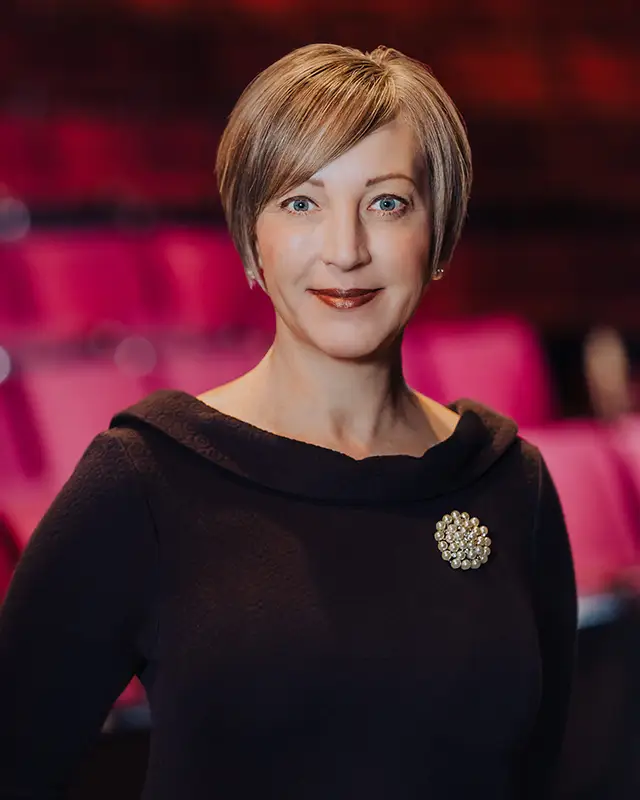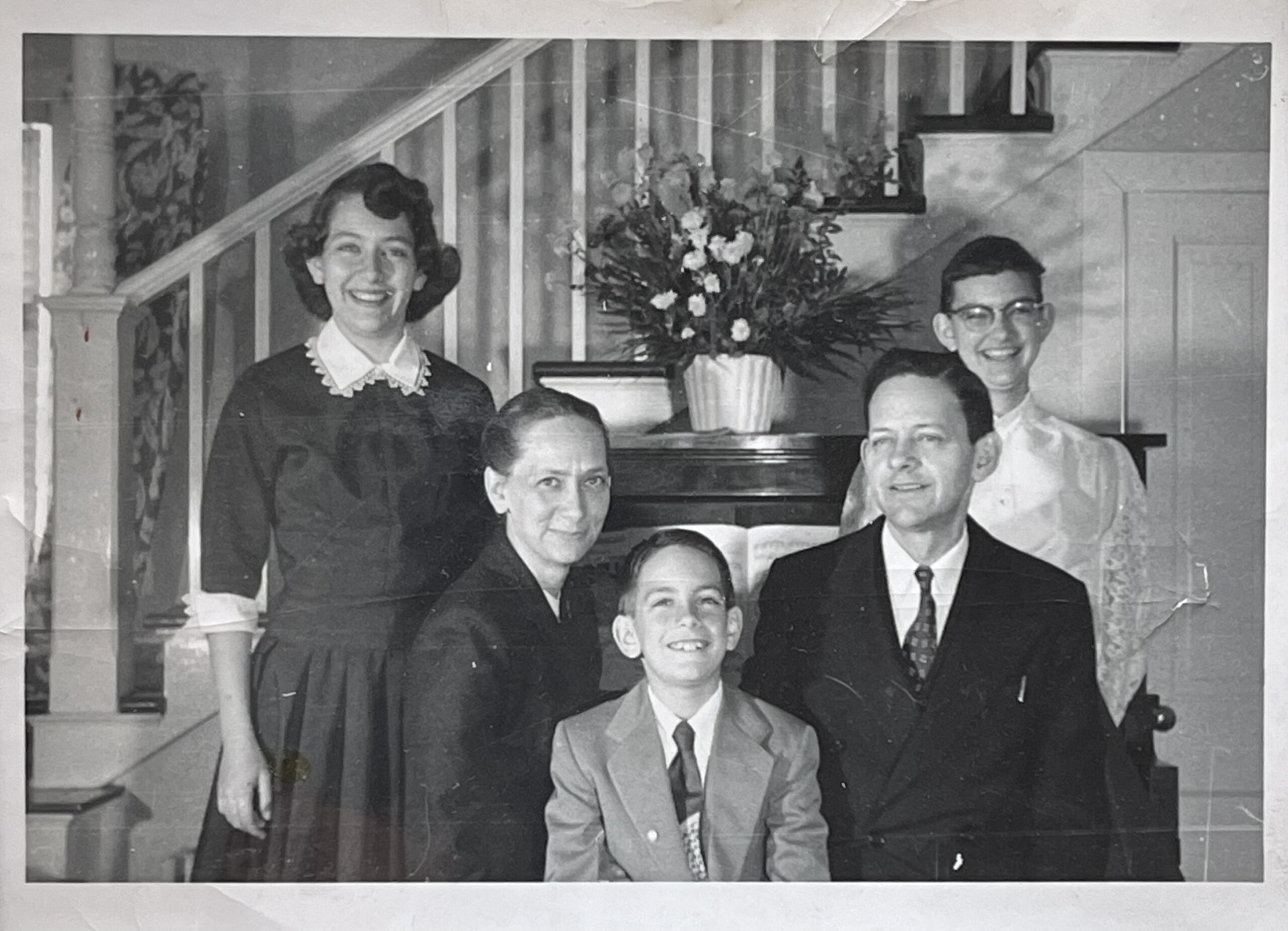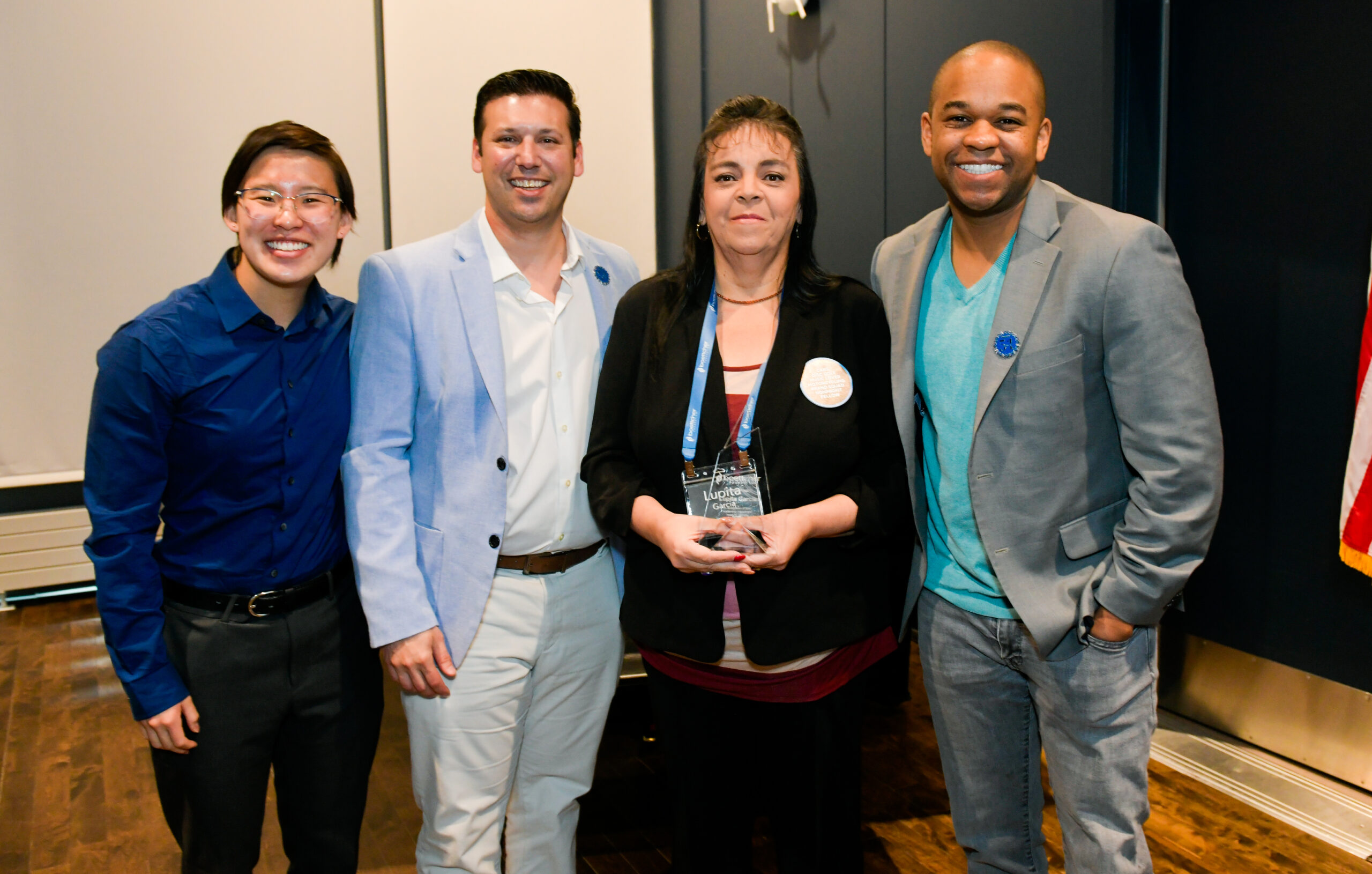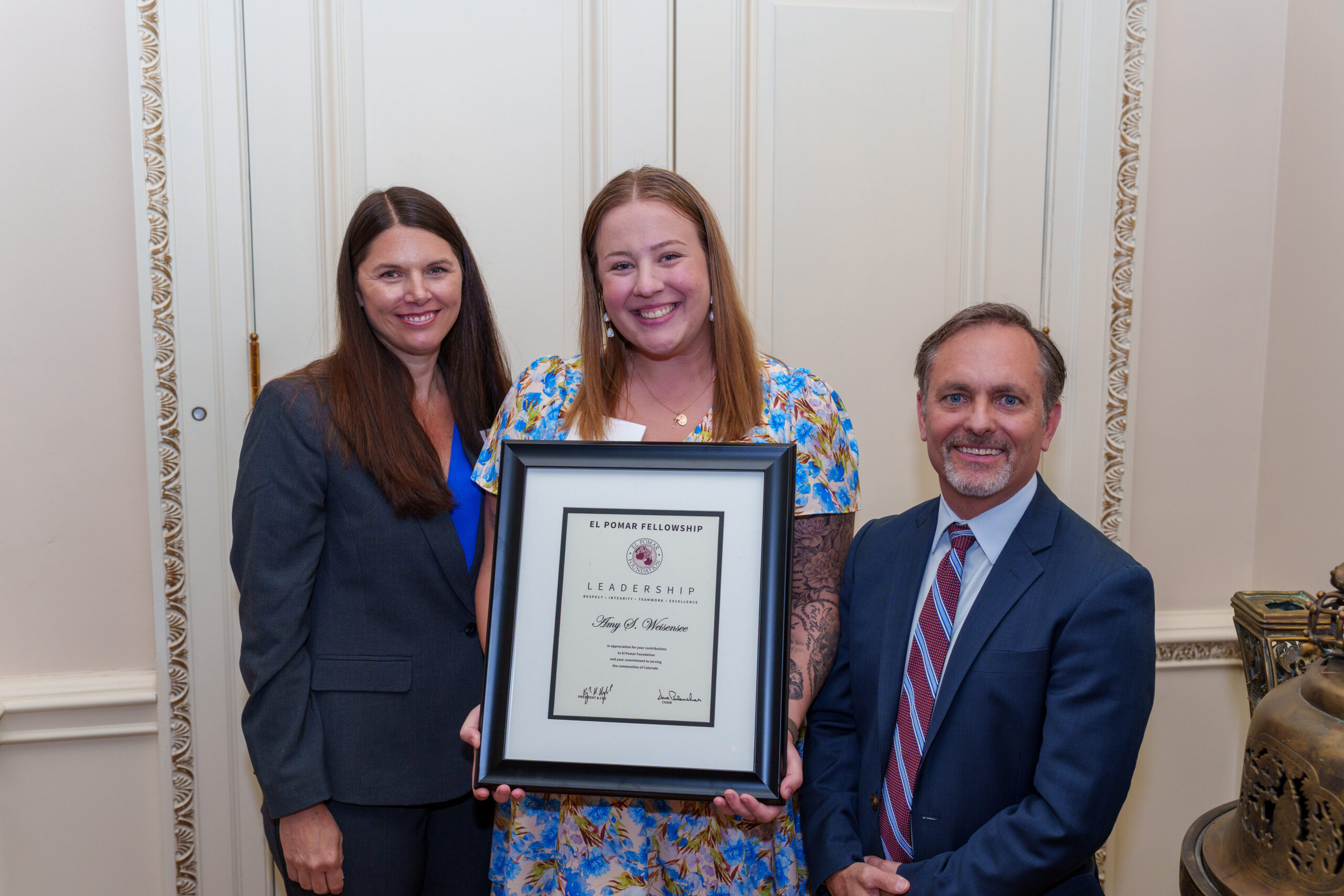Janice Sinden
President & CEO
Denver Center for Performing Arts
How have your years of public service, most recently as Chief of Staff for Mayor Hancock, shaped your approach to leading the Denver Center for the Performing Arts (DCPA)?
For me, the most fulfilling work is in the nonprofit and public sectors. Building collaborations, tackling complicated issues, and developing strategies that will enrich the lives of our community members and visitors defines my purpose. I am fortunate to be a part of many coalitions, boards and initiatives that have informed my values, how I lead and how I continue to grow, especially now in my role at the DCPA.
As we all know, the arts were particularly impacted by COVID-19 and necessary measures to halt and then limit in-person performances, classes, and camps. Where are you all now in tackling the ongoing challenges of the pandemic, and what new opportunities are surfacing in this tumultuous time?
The DCPA was deeply impacted by the 18 month shut-down due to COVID-19. We experienced $100 million in unrealized income, cancelled more than 40 shows, dozens of events and hundreds of classes. Thanks to the incredible support of our staff, Board of Trustees, patrons and broader community, we remain resilient and recently announced a 30-show season that will allow us to welcome audiences back to our theatres and artists back to our stages. This is all possible thanks for federal funding from the Shuttered Venue Operators Grant, Paycheck Protection Program, SCFD funding, and the generosity of our donors.
You are a founding CEO leader of Colorado Inclusive Economy. What does that designation represent for DCPA in terms of both short- and long-term commitment?
In response to Black Lives Matter and We See You W.A.T., the DCPA published an Equity Statement and identified several key areas of focus to improve inclusivity at the DCPA. The DCPA’s work is led by Lydia Garcia, Executive Director or Equity and Organization Culture, along with an employee-led committee called PACE (Peer Advocacy Coalition for EDI) and five cross-departmental operational project teams that are building a robust framework for meaningful change. Our areas of focus include Artistic Practices, EDI Training, Inclusive Spaces, Talent Recruitment and Retention and Working Conditions. Our EDI work aligns directly with the mission of the Colorado Inclusive Economy to build and sustain opportunities for BIPOC individuals to grow and thrive in our collective organizations.
Several years ago, the DCPA officially adopted EDI as a core organizational value and then took part in a cohort experience that was led by the Theatre Communications Group.
What were some of the learnings from that experience that you have implemented?
The DCPA is committed to advancing equity, diversity and inclusion throughout our organization and in partnership with our audiences, students and broader community. Our Board of Trustees recently expanded its Governance Committee to include People and Culture, and we launched workshops for employees and visiting artists to define our commitment to building a culture of respect and belonging. Additionally, we have adopted a number of practices in an effort to make our spaces more inclusive, including gender neutral restrooms, welcoming folks to share their pronouns, and adopting a Land Acknowledgement. These are a few examples of our most recent efforts.
In many ways, DCPA has emerged as a leading example of an organization that embraces EDI at multiple organizational levels – from diversifying your Board of Trustees to presenting productions that better reflect the demographics and lived experiences of Coloradans. And, in 2019, DCPA created a position on your leadership team focused on equity and organizational culture. What are you most proud of when you think about the present and future of living in a more socially-aware and post-pandemic world?
There are days when I am incredibly proud of the progress we have made, and then there are days when I am acutely aware of how much more work we have to do to ensure that our spaces and places are truly accessible and inclusive. This is a life-long, multi-generational journey – one that will continue to require honest conversations, reflections on past and present practices, and the investment of time, talent and resources to make transformative, sustainable change.
How has your definition of leadership shifted – or not changed – since you began leading DCPA?
My definition of leadership has changed dramatically since I arrived at the DCPA in September of 2016. In my prior positions, I was more linear, clear-cut and goal driven/oriented. And now that I am at the DCPA, I feel like my heart has expanded 10 times. I am surrounded by the most gifted, inspirational artists and team members who care so deeply about telling stories of our past, present and future to build community, remind us of our humanity, and challenge us to grow and expand in our thinking. My amazing colleagues have transformed who I am as a leader, and I am better for it. One thing that has stayed the same is that my mantra “right, not fast” has never been more fundamental to my leadership approach. The pandemic taught us all that transparency, accountability, long-term planning and compassion take time and require patience if you want to get them (mostly) right.
Where do you draw your inspiration?
I draw my inspiration from SO MANY places. First and foremost, I am inspired every single day by my 10-year-old nephew Ryland and my almost 6-year-old niece Amelia. They are the loves of my life. I also draw inspiration from community service. I am on too many boards to count, but with my love of servant leadership, there is always another hour in the day to invest in organizations that do so much for so many.




